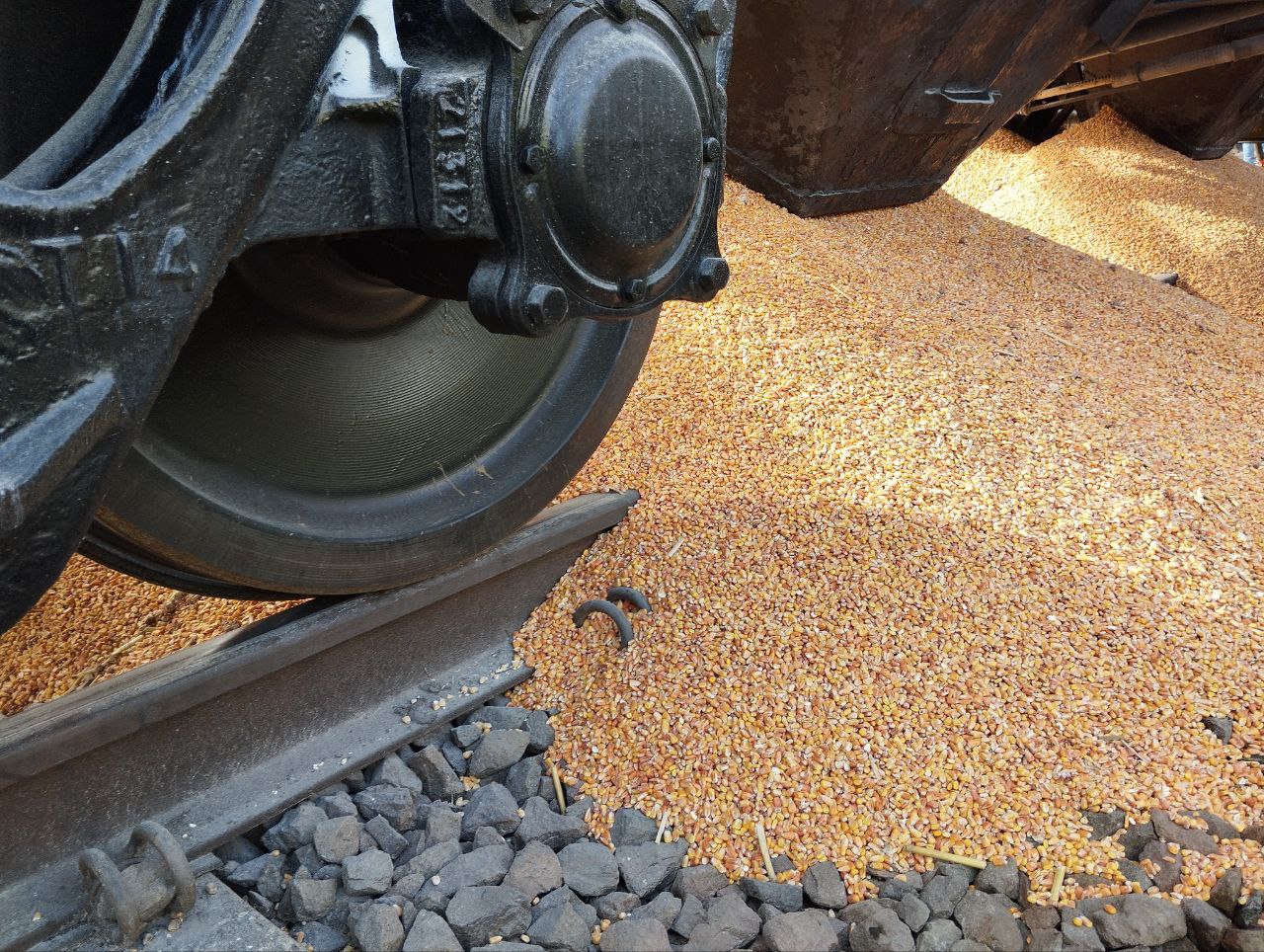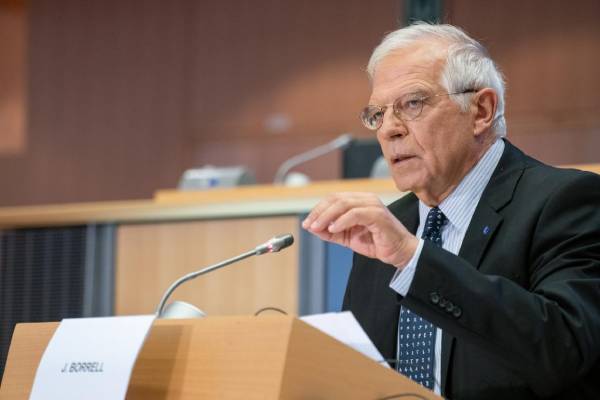EU’s import restrictions can prolong the war, Ukraine’s agriculture minister says
The falling prices of grain should be attributed to bumper harvests in the United States and Latin America, Solskyi says.

In a development that could potentially prolong the war, several European Union member states are pushing for additional restrictions on imports of Ukrainian food products, drawing sharp criticism from Kyiv. The countries try to balance between supporting its embattled neighbor or safeguarding the interests of its own farmers.
At the center of the dispute is a recent proposal to extend preferential trade measures for Ukraine for another year, granting the war-torn nation nearly unrestricted access to the EU market. This proposal has been met with fierce opposition from nations like Poland and France, which argue that the influx of Ukrainian grain has disrupted their domestic agricultural markets.
Ukraine’s Agriculture Minister, Mykola Solskyi, has rejected these claims, asserting that the push for import limits is politically motivated rather than driven by genuine economic concerns. In an interview with the Financial Times, Solskyi accused certain EU nations of fabricating most the issues typically associated with Ukrainian exports.
Poland’s paradox: blockading Ukraine trade, continuing Russia imports
“This is not a trade issue; it is first and foremost political, to meet the demands of farmers in the EU,” Solskyi stated, emphasizing that an objective analysis of the numbers would dispel 80% of the concerns raised.
The debate has taken on heightened urgency as European farmers, primarily in Poland, have intensified their protests, blockading border crossings and disrupting the flow of goods to and from Ukraine. These actions have not only affected the transit of agricultural products but have also strained diplomatic relations and fueled tensions between the neighboring countries.
At the heart of the dispute lies a staggering seventeen-fold increase in the EU’s import of soft wheat from Ukraine during the 2022-2023 season compared to the previous year, according to data from the French agency Intercereales. However, Solskyi dismisses the notion that Ukrainian exports are the primary driver behind global price declines, instead attributing the falling prices to bumper harvests in the United States and Latin America.
As the negotiations continue, Solskyi is set to embark on a diplomatic offensive, addressing EU agriculture ministers in Brussels and subsequently visiting France and Poland to engage directly with farmers and government officials. His mission is to dispel what he perceives as myths surrounding the situation and to find a balanced solution that addresses the concerns of all parties involved.
The stakes are high, as failure to reach an agreement could potentially lead to retaliation through the World Trade Organization, a step that Ukraine is reluctant to take but has not ruled out. Solskyi has cautioned that additional import restrictions could undermine Ukraine’s economy, dealing a blow to its war efforts and potentially prolonging the war.
Amidst these tensions, Ukraine is bracing for a potential decrease in wheat production this year due to reduced sowing areas, while anticipating stable outputs for crops like rapeseed, corn, oilseed, and soybeans.
The debate over Ukrainian grain imports has exposed the intricate web of political and economic interests that the EU must navigate as it seeks to maintain its support for Ukraine while addressing the concerns of its member states. As the negotiations continue, all eyes will be on the Italian government, whose pivotal vote could prove decisive in determining the outcome of this high-stakes diplomatic standoff.
In September 2023, despite the European Commission’s decision against extending the embargo, Poland, Hungary, and Slovakia took unilateral action to restrict Ukrainian grain imports, allowing only its transit to other countries through their territories.
Official statistics show that in 2023, Poland continued to pay hundreds of millions of dollars to Russian and Belarusian companies for seeds, oil, and animal feed.
In some categories, it imported even more goods than before the beginning of the war against Ukraine in 2022 amid a simultaneous blockade of importing the same categories of products from Ukraine. This data was collected by Dana Hordiychuk from UN databases and presented in an article on Ukrainska Pravda.



